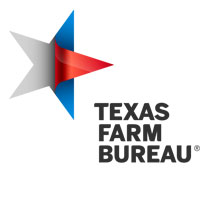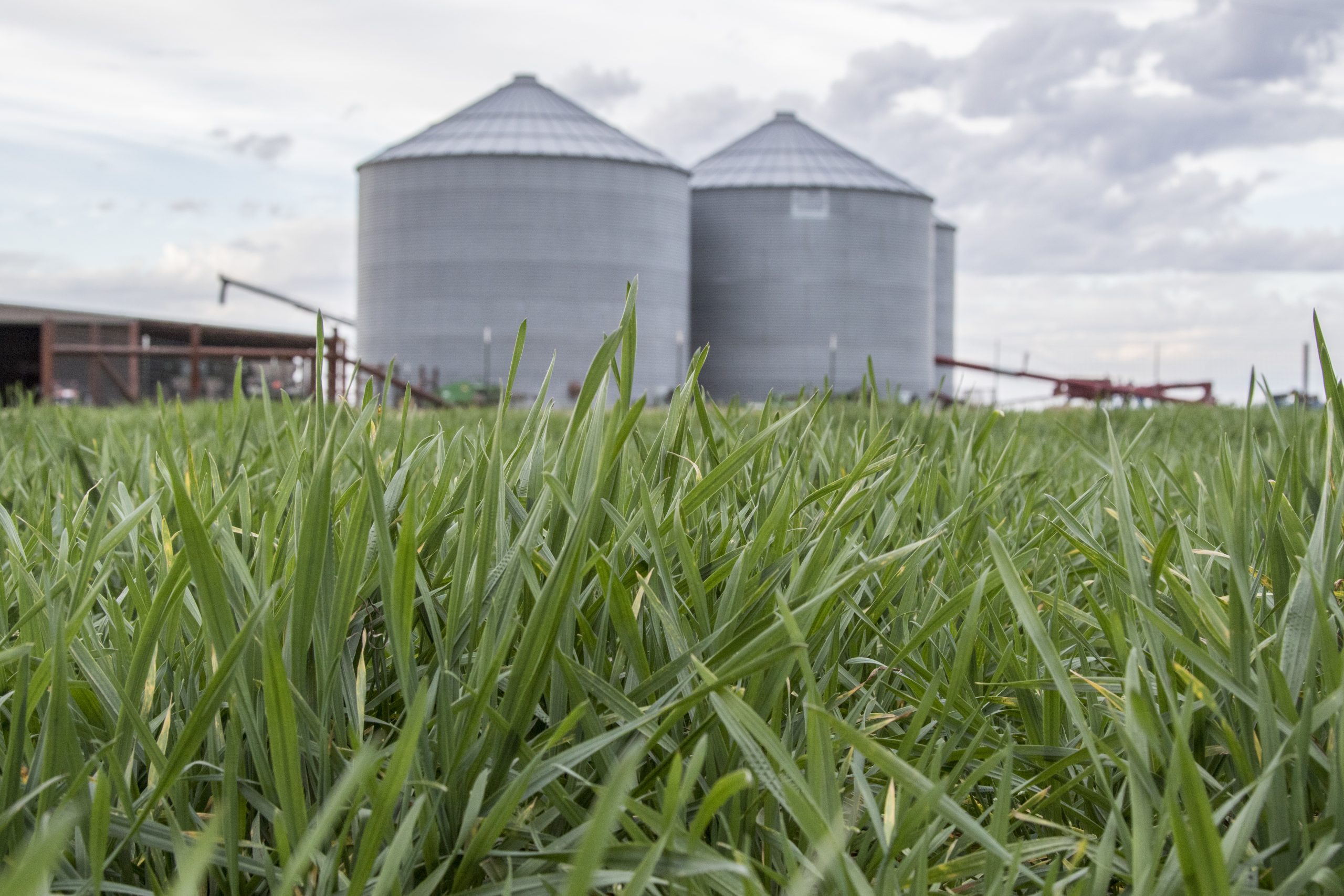TFB Resolutions Committee discusses ag issues
(WACO, Texas)—Performance bonds on land remediation for eminent domain projects, perimeter fencing for feral hog control and legislation and regulations to incentivize meat processing facilities topped the list of concerns as the Texas Farm Bureau (TFB) Resolutions Committee discussed proposed policy resolutions to the state’s largest farm organization Nov. 2-3.
The committee, comprised of 41 TFB members representing Texas agriculture, spent two days reviewing, deliberating and consolidating more than 140 resolutions to both state and national policies proposed by county Farm Bureaus across the state.
The committee supported a resolution requiring performance bonds to ensure surface remediation. Landowners who have had property seized by entities with the power of eminent domain often report surface damage issues following installation or maintenance of a project. Often the entity fails to restore the easement area, and/or the property surrounding the easement area, to its original condition (or as close as reasonably possible). Landowners can negotiate language into their easement contracts requiring payment for damages not restored, but the current path to receive remediation for inadequate repair or cleanup is litigation. Requiring a performance bond would remedy this issue.
The committee approved a resolution supporting U.S. Department of Agriculture’s (USDA) National Resources Conservation Service (NRCS) amending its policy and including boundary fencing, as it refers to feral hog control, as an eligible conservation practice and activity. NRCS currently does not provide funding for perimeter fencing through its programs. If the policy was amended by NRCS, farmers and ranchers could utilize cost-share programs to keep feral hogs out of their fields.
The committee approved a resolution supporting legislation that incentivizes the development of livestock and poultry processing facilities. The COVID-19 pandemic and subsequent shutdowns had an adverse effect on the supply chain and markets. Any solutions that can help remedy this, such as having more processing facilities, would be welcomed by farmers and ranchers.
A policy resolution that outlined items to be included in appraisals to property owners from appraisal districts was approved by the committee. It supported disclosure of property deed and ownership of land from high speed rail entities.
The committee also approved a resolution supporting programs that provide funding for the processing of wildlife to be donated to food banks and others. It issued support for a solution for robust price discovery in the cattle market, and it approved a resolution supporting the continuation of USDA Food Safety and Inspection Service import labeling requirements staying with all products to the end consumer.
“We had lots of resolutions sent in on tax entities, whether it's the appraisal district or local taxes or tax abatements. That was a big issue,” Val Stephens, TFB secretary/treasurer and Resolutions Committee chair, said. “I think one resolution that stood out is wind and solar companies asking for tax abatements and how it affects the local entities, whether it's school, city and county taxes.”
The policy recommendations will be considered during the business session of the organization’s 87th annual meeting Dec. 5 in Waco.
State resolutions adopted at the TFB annual meeting become policies that guide the organization. National resolutions, if adopted by voting delegates at the TFB annual meeting, are sent to the American Farm Bureau Federation (AFBF) annual convention for consideration.
Resolutions approved by AFBF delegates in January provide a roadmap for the national organization.


